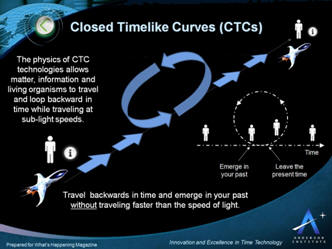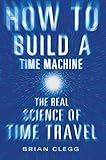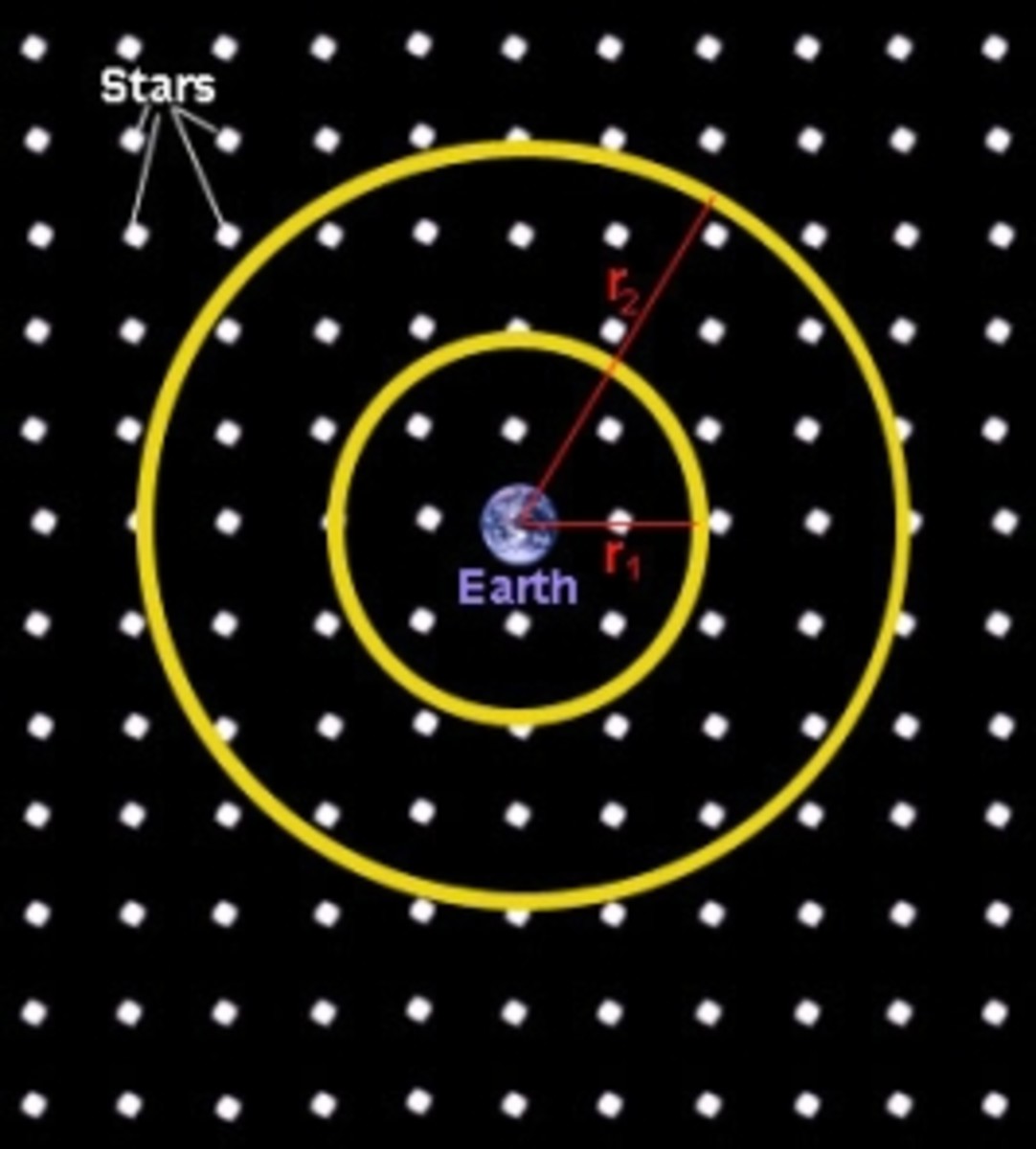How To Time Travel?

Can you imagine how great it would be to travel in time, perhaps forward several years to see how your life will turn out or maybe even thousands of years to see how humanity will turn out? Perhaps you have no interest in the future, instead preferring to go back and right wrongs in your life or the lives of others (like Sam Beckett did in the Quantum Leap series).
Yet time travel might be more than just a good storyline for science fiction books and movies. For over 50 years, physicists have known that time travel in one direction is indeed possible and many leading theoretical physicists now believe that time travel in both directions is indeed possible.
Since the mid-20th century, physicists have proven one of the key aspects of Albert Einstein’s theory of relativity, this being that the faster you travel, the more time will differ for you the traveller compared to everyone else; this is referred to as the time dilation affect. Yet how does time differ? Well if you were moving on a spaceship at tremendous speed (nearing that of light) and was able to look out of your ship and look at the rest of the universe around you, everyone and everything would seem to be moving at a fast forward rate. Likewise if the rest of the world could look in on you in your spaceship, they’d see you either moving in a very slow fashion, or completely frozen altogether.
Albert Einsein

So in affect, this time dilation which increases as you approach the speed of light is basically a form of travel into the future for in theory if you travel at the speed of light, millennia could pass by for everyone else in what would be a blink of an eye for you. By adjusting your speed, you could in theory travel to any point into the future.
Scientists discovered this through various experiments, such as getting two highly sensitive atomic clocks, setting both to the exact same time (millionths of a second) and sending one of the clocks off at great speeds (usually on a supersonic aircraft) around the world. On return, comparing both clocks always revealed that the clock which had travelled around the world had always slowed by a few thousands of a second.
So now scientists know the secret of how to travel into the future, is it possible to travel backwards, to gain access to the whole of time? Well this is still a heavily debated subject within physics but a surprising number of theoretical physicists now believe that travel backwards into the past is possible. And once again it is to do with speed; though in order to go backwards you’d have to travel faster than the universal speed law of the universe, the speed of light. The reason for why physicists believe this is because the faster you travel towards light speed, the more the time slows down and on actually reaching the speed of light, time itself can literally be said to stop.
Yet scientists pondering what would happen if you could exceed the speed of light have come to the conclusion that if you could in theory do this, than time would start going backwards for everyone around you. In effect, you’d be able to travel backwards in time. However don’t expect taking trips back to the past anytime soon due to the fact that the speed of light happens to be the ultimate speed limit of the universe – nothing in known existence has or can cross this speed barrier.
For many years, many physicists used to believe that the fact we can’t in theory travel faster than the speed of light meant therefore that backwards time travel was impossible. Yet in the 1980s, researchers studying black holes noticed that as the fabric of space-time could be warped, (like it is near surface of a black hole) it could in theory be possible to warp space and time in such a way that if you were to enter the warp in one direction, you could arrive back where you started before you even set off. Or in other words, travel backwards in time.

Though the idea of warping the fabric of space-time has enabled physicists to get around the light speed barrier of the universe, it doesn’t in anyway mean that travel backwards in time is still possible. And even if it was, achieving it is certainly going to be no easy task. According to even the most optimistic physicists, it would probably be a technological challenge to a civilisation thousands of years more in advance of our own to achieve this feat. This is due to the energies required to produce even the slightest warp for one to travel back seconds in time would be more than the sum total of all the energy that we as a species have produced since the dawn of our existence.
So time travel backwards if indeed possible is most likely not going to occur within our lifetimes. Yet you may well be wondering how if backwards time travel is indeed possible, why haven’t our great, great, great grandchildren decided to pop back and help us along to building our own time machines? Well one of the reasons for this is due to the way in which we our proposed backwards in time machines would work; this being the warping of space-time. For if we could achieve this, we could in theory only go as far back as when the space-time warp first occurred. So if physicists on the eve of 31st December 2999 managed to warp space-time and kept the warp open for say 1000 years to eve 31st December 3999, than people in the year 3999 could travel backwards and meet their ancestors in the year 3000. Yet they couldn’t travel back to nowadays or anywhere before 31st December 2099.
This therefore would explain why as a society we aren’t constantly being bombarded by people from the future. Yet will we ever develop the technology to travel back into the past, even if we are limited to just a certain distance back? Well only time will tell – or alternatively you could see if one of the space agencies like NASA could build you a spaceship and send you off at very fast speeds into the future!










